The Eastern Economic Forum took place in Vladivostok, in the far east of Russia, on September 10-13. The Forum annually hosts Russian President Vladimir Putin and leaders from neighboring countries.
The Vatan Party is the only participant from Türkiye
The Vatan Party of Türkiye was represented by United World International author Dr. Mehmet Perinçek at the Forum. Mehmet Perinçek engaged in various talks during the event and gave interviews to Russian and foreign media.
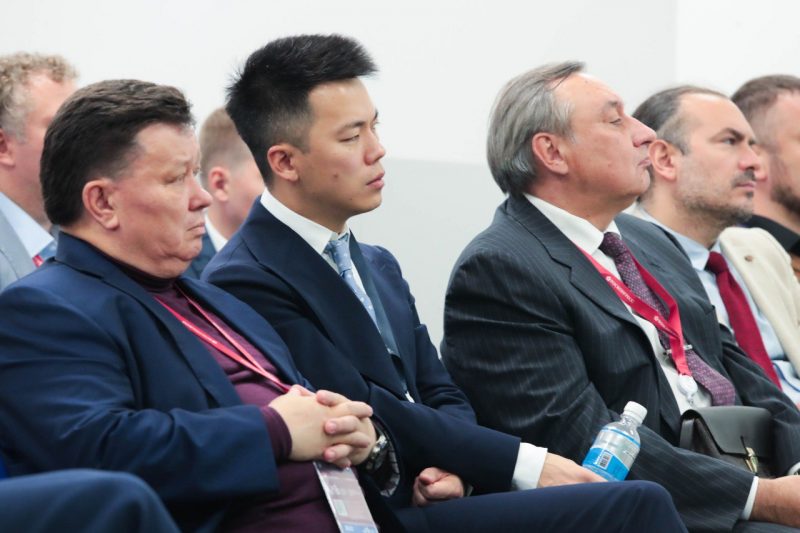
Vladivostok’s resemblances with Istanbul
Vladivostok is situated approximately 9 hours by plane from Moscow and has a 7-hour time difference with the Russian capital. The name “Vladivostok” means “Ruler of the East”. The city has a strait called “Bosfor” and a bay called the “Golden Horn”. Its bridges and hills share remarkable resemblance to Istanbul.
Vladivostok is part of the Primorye region which has land borders with China and North Korea. Japan is directly across the sea from Vladivostok. Many of the cars in the city come from Japan, so they have right-hand drive.
Vladivostok also hosts a significant number of Chinese and Korean tourists. Chinese and Korean signage and menus are found throughout the city.
China has the highest number of participants
The Forum has been held on the campus of the Far Eastern Federal University, which was built for the Association of Southeast Asian Nations (ASEAN) summit, since its inception in 2012. This year, the largest delegations were from the following countries in order: China, Myanmar, Mongolia, India.
The West’s education trick
The most important event on the opening day was the conference titled “Colonialism in the East and Its Impact on the Contemporary World.” Speakers at the event were Sergey Narishkin, the head of the Russian Foreign Intelligence Service, Konstantin Mogilevskiy, Deputy Minister of Science and Higher Education of Russia, Myanmar Industry Minister Charlie Than, Director of the Institute of Oriental Studies Vitaliy Naumkin, Rector of the Far Eastern Federal University Boris Korobets.
Narishkin highlighted in his opening speech that the West resorts to deception when ranking world universities, incites brain drain from Asia and Africa and hinders the development of national education systems in these regions. Additionally, he emphasized the role of the Communist International and the Soviet Union in the liberation struggles of Eastern peoples.
The legacy of colonialism
The Myanmar minister Charlie Thandrew attention to the cultural imperialism of the British based on his country’s experience. He explained how London shaped Myanmar’s education system to serve its own interests, focusing on the training of technical personnel and bureaucrats. Colonialism was most detrimental to the quality of the laborforce, he stated.
Other speeches at the conference also touched upon imperialism’s “divide and rule” policy, its methods of manipulating ethnic groups, the development of anti-colonial independence movements and the contemporary multipolar world.
An exhibition titled “Colonialism and the Struggle for Independence in Asian Countries” was featured at the Forum. The exhibition showcased the artistic representations of colonialism and independence struggles, as well as the political chronology of colonialism in countries like Vietnam, the Philippines, India, Indonesia, Cambodia and Korea.
Alternative international currencies and financial systems
Another significant theme on the Forum’s agenda was the creation of alternative international currency and financial systems in the Eurasian region. High-ranking officials and experts from Russia, China and Myanmar drew attention to Western propaganda claiming that a “new currency as an alternative to the dollar is not possible”, expressed optimism in this regard. In this session, the steps taken so far were outlined, and concrete proposals were discussed.
Opportunities arising from sanctions
In the session titled “Sanctions as an Opportunity for Development,” the Forum addressed how the Russian economy adapted to unilateral Western sanctions and managed to achieve significant growth. The session pointed out to the measures taken to increase domestic production and highlighted the reversal of the impact of sanctions through the development of economic relations with countries in Asia, Africa and South America. Speakers also examined the opportunities that sanctions provided to domestic producers and discussed government support and incentive policies.
New economic model
Another session at the Eastern Economic Forum was titled “The New Political-Economic Model of the World.” Speakers agreed that a new global landscape had emerged after the pandemic and Russia’s special military operation. They emphasized the shift towards multipolarity that the geopolitical weight was moving from the Atlantic to the Pacific and Eurasian regions.
Stalin’s economic model sheds light on the present
The session moderated by Alexander Galushka, former Minister for Development of the Russian Far East and Arctic, was about drawing lessons from the economic and monetary policies of the Stalin era and how they can be applied to the present. The session focused on ideas from Galushka’s forthcoming book titled “Crystal Growth”) which will be published by Kaynak Publications in Türkiye) which explores how the development model of the 1920s and 1930s can be adapted to the present day.
It’s worth noting that there was a significant number of sessions related to education in the Forum.
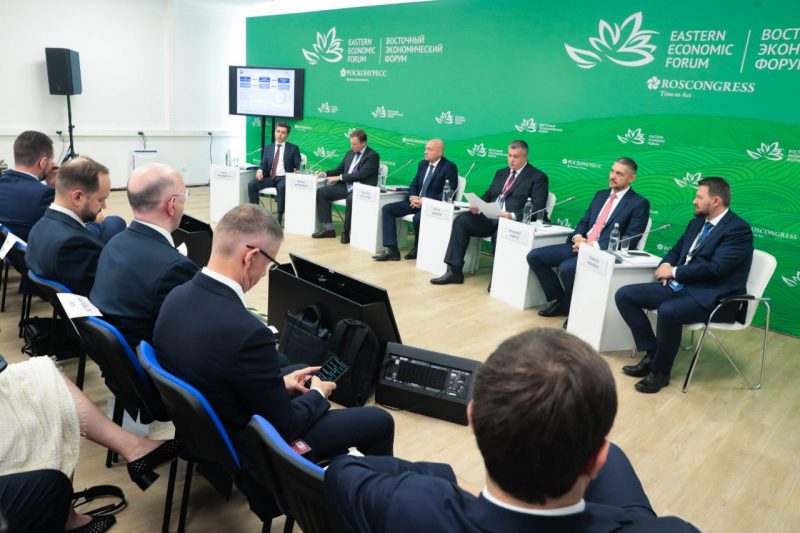
Key points from Putin’s speech
Russian President Vladimir Putin’s key points from his speech during the main session were followings:
- The West is trying to slow down China’s rapid development, but they are late because the train has already left. New centers of power will emerge.
- Nobody in Africa will ever forget that their children were taken to Europe to be displayed to people in cages in the 1950s.
- US elections in 2024 will not affect Washington’s stance towards the Russian Federation.
- Everything that happened to Trump is politically motivated persecution.
- Elon Musk is an extraordinary person, an active and talented businessman.
- We need to use domestic cars. Russian government officials should switch to domestic cars as soon as possible.
- (In response to a question about the content of his meeting with Xi Jinping) I won’t reveal secrets. As you know I worked in the KGB.
- The West is destroying the system it created.
- The Armenian leadership essentially recognized Azerbaijan’s sovereignty over Karabakh. The Azerbaijani leadership has always told us that they did not want any “ethnic cleansing” in Karabakh and they continue to say so.
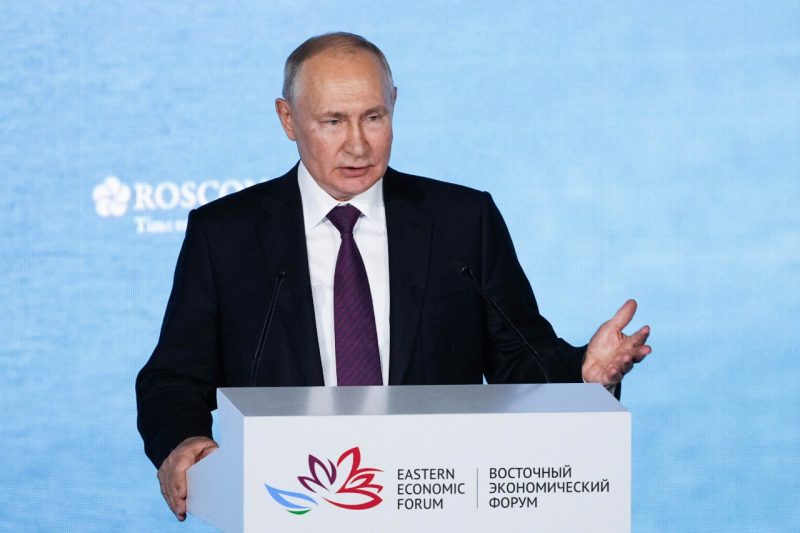
The Falcon Day
The forum addressed not only political, economic and geopolitical issues. Environmental science also came to the fore. For example, the Falcon Day was celebrated during the Forum. A series of events were organized to protect the falcon species in the wild.
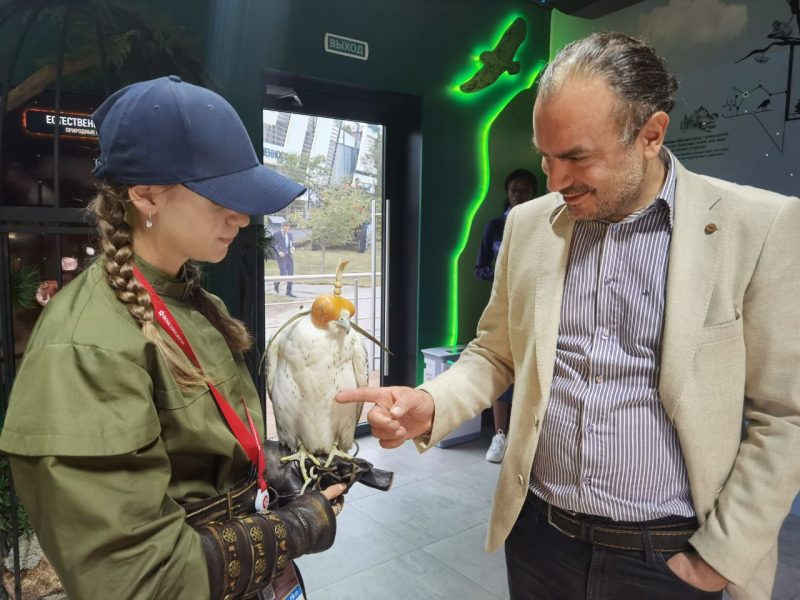
Opportunities for the Turkish business world
The Eastern Economic Forum revealed once again that the center of the world economy is shifting to the Pacific, while the West is actually isolating itself with the unilateral sanctions.
Meanwhile, the Eastern Economic Forum reminded us once again that the Russian Far East also harbors important opportunities for the Turkish business world.







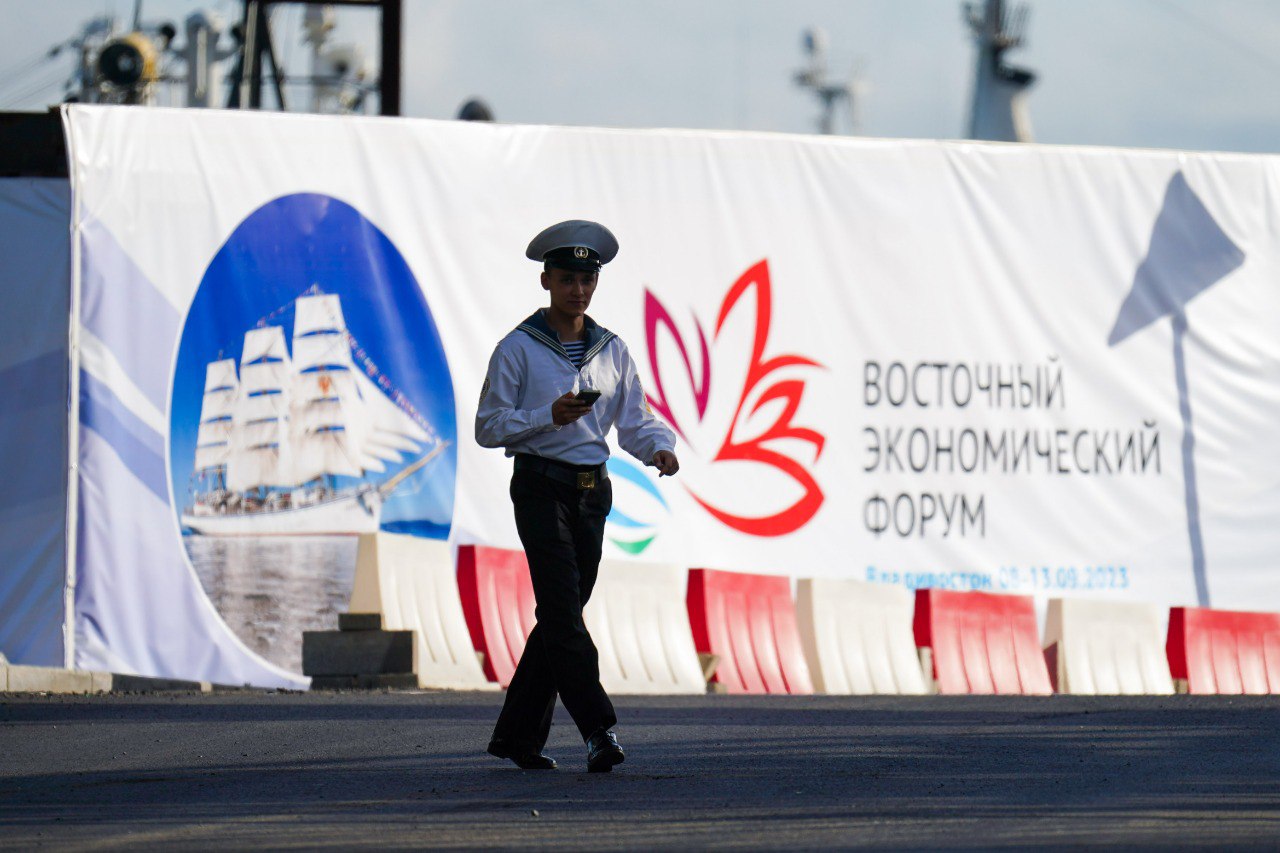
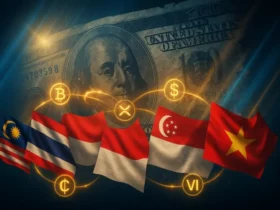
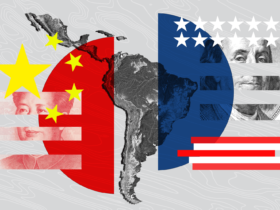


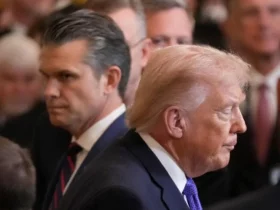




Leave a Reply